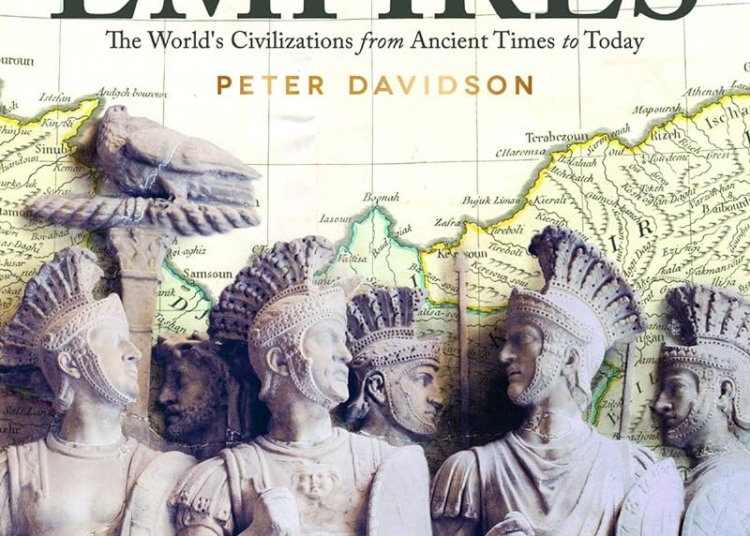The Rise and Fall of Ancient Empires: Military Strategies that Shaped History
Throughout history, ancient empires have risen and fallen, leaving a lasting impact on the world. These empires were often shaped by their military strategies and prowess, which played a critical role in their rise to power and eventual decline. From the Roman Empire to the Mongol Empire, military strategies shaped the destinies of these ancient civilizations.
The Roman Empire is often considered one of the greatest ancient empires, and its military strategies played a crucial role in its rise to power. The Roman army was well-organized and highly disciplined, with a strong emphasis on training and tactics. However, as the Roman Empire expanded, its military strategy became strained, leading to its eventual decline.
The Mongol Empire, under the leadership of Genghis Khan, was known for its highly effective military strategies, which allowed them to conquer and control a vast territory across Asia and Europe. However, the vastness of the empire also contributed to its downfall, as it became difficult to govern and control.
The rise and fall of these ancient empires offer valuable lessons about the importance of military strategy in shaping the destinies of civilizations. Effective military strategies can lead to rapid expansion and conquest, but they can also be a double-edged sword. By studying the military strategies of these ancient empires, we can gain valuable insights into the factors that contributed to their rise and fall, and apply these lessons to our understanding of modern geopolitics and military history.
The Rise and Fall of Ancient Empires: Military Strategies that Shaped History
Throughout history, ancient empires have risen and fallen, leaving a lasting impact on the world. These empires were often shaped by their military strategies and prowess, which played a critical role in their rise to power and eventual decline. From the Roman Empire to the Mongol Empire, military strategies shaped the destinies of these ancient civilizations.
Roman Empire
The Roman Empire is often considered one of the greatest ancient empires, and its military strategies played a crucial role in its rise to power. The Roman army was well-organized and highly disciplined, with a strong emphasis on training and tactics. The use of the well-known “legion” formation, which consisted of highly skilled and well-equipped soldiers, allowed the Romans to conquer and control a vast empire.
However, as the Roman Empire expanded, its military strategy became strained. The empire stretched across a vast territory, making it difficult to maintain control and defend its borders. This eventually led to the decline and fall of the Roman Empire, as it became increasingly difficult to protect against invasions and internal unrest.
Mongol Empire
The Mongol Empire, under the leadership of Genghis Khan, was one of the largest empires in history. The Mongols were known for their highly effective military strategies, which allowed them to conquer and control a vast territory across Asia and Europe. They were skilled horsemen and archers, and they utilized tactics such as feigned retreats and encirclement to defeat their enemies.
However, the vastness of the Mongol Empire also contributed to its eventual downfall. The empire became difficult to govern and control, and it eventually fragmented into smaller khanates. Additionally, the Mongols’ reliance on conquest and plunder led to a decline in their military strength and eventually led to the collapse of their empire.
Lessons Learned
The rise and fall of these ancient empires offer valuable lessons about the importance of military strategy in shaping the destinies of civilizations. Effective military strategies can lead to rapid expansion and conquest, but they can also be a double-edged sword, as maintaining control over a vast empire can become increasingly difficult. In the end, the success or failure of ancient empires was often determined by their ability to adapt and evolve their military strategies to changing circumstances.
Conclusion
Ancient empires were heavily influenced by their military strategies, which played a critical role in their rise to power and eventual decline. The Roman Empire and the Mongol Empire are just two examples of how military prowess shaped the destinies of these ancient civilizations. By studying the military strategies of these ancient empires, we can gain valuable insights into the factors that contributed to their rise and fall, and apply these lessons to our understanding of modern geopolitics and military history.












